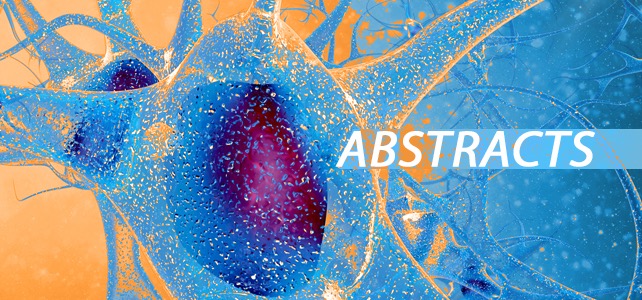Early Osmotherapy in Severe Traumatic Brain Injury: An International Multicenter Study.
Anstey JR, et al. J Neurotrauma. 2020.Show full citation
Abstract
The optimal osmotic agent to treat intracranial hypertension in patients with severe traumatic brain injury (TBI) remains uncertain. We aimed to test whether the choice of mannitol or hypertonic saline (HTS) as early (first 96?h) osmotherapy in these patients might be associated with a difference in mortality. We retrospectively analyzed data from 2015 from 14 tertiary intensive care units (ICUs) in Australia, UK, and Europe treating severe TBI patients with intracranial pressure (ICP) monitoring and compared mortality in those who received mannitol only versus HTS only. We performed multi-variable analysis adjusting for site and illness severity (Injury Severity Score, extended IMPACT score, and mean ICP over the first 96?h) using Cox proportional hazards regression. We collected data on 262 patients and compared patients who received early osmotherapy with mannitol alone (n?=?46) with those who received HTS alone (n?=?46). Mannitol patients were older (median age, 49.2 (19.2) vs. 40.5 (16.8) years; p?=?0.02), with higher Injury Severity Scores (42 (15.9) vs. 32.1 [11.3]; p?=?0.001), and IMPACT-TBI predicted 6-month mortality (34.5% [23-46] vs. 25% [13-38]; p?=?0.02), but had similar APACHE-II scores, and mean and maximum ICPs over the first 96?h. The unadjusted hazard ratio for in-hospital mortality in patients receiving only mannitol was 3.35 (95% confidence interval [CI], 1.60-7.03; p?=?0.001). After adjustment for key mortality predictors, the hazard ratio for in-hospital mortality in patients receiving only mannitol was 2.64 (95% CI, 0.96-7.30; p?=?0.06). The choice of early osmotherapy in severe TBI patients may affect survival, or simply reflect clinician beliefs about their different roles, and warrants controlled investigation.
PMID
31286839 [ – in process]

